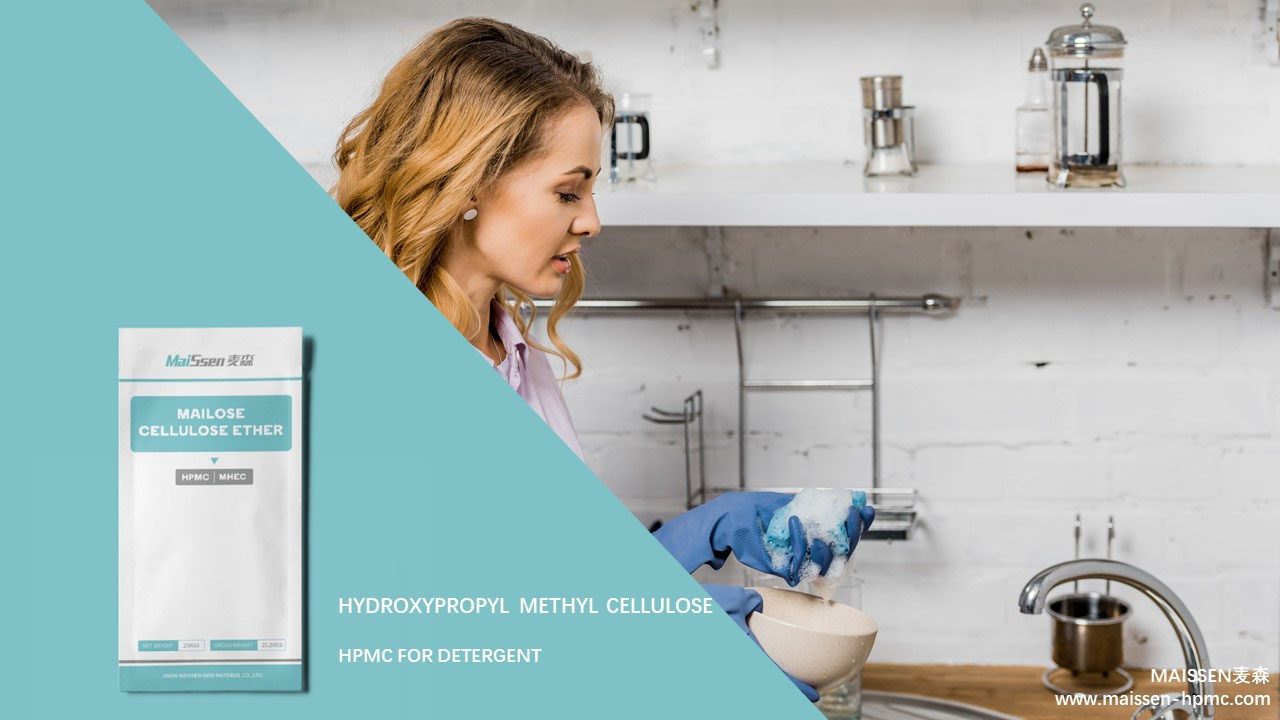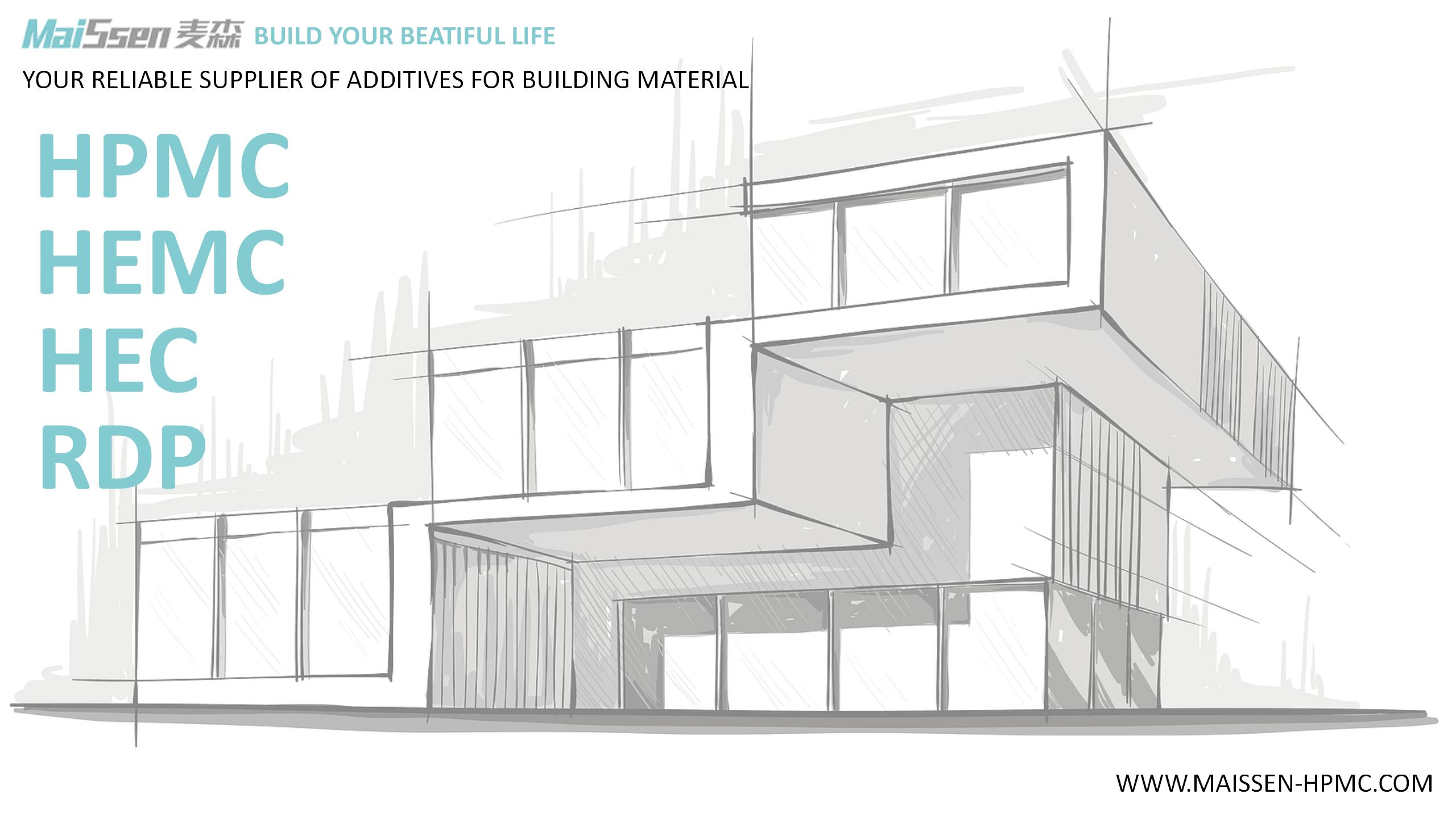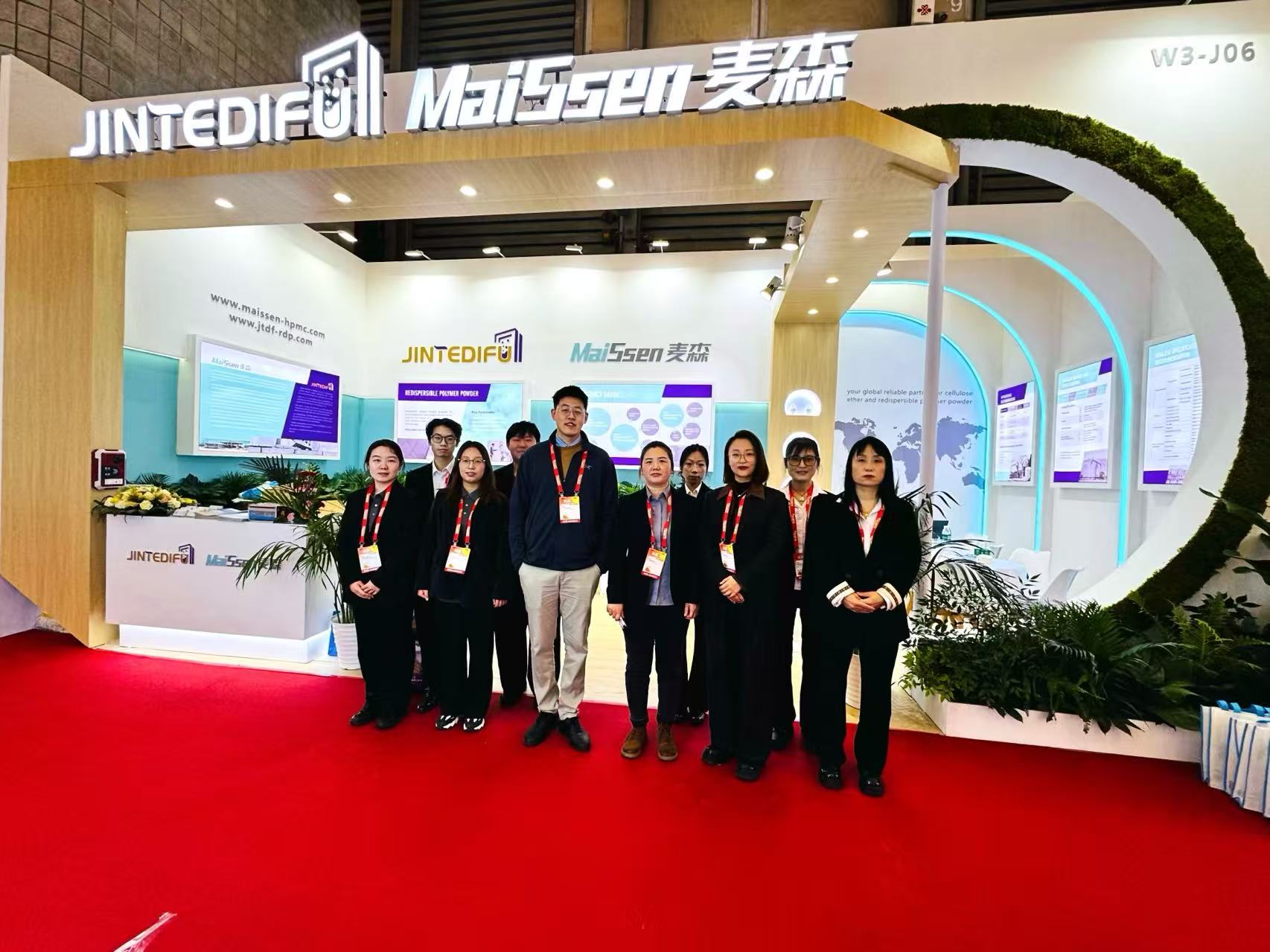The difference between hydroxypropyl starch ether HPS and cellulose ether
1. Starch ether can effectively improve the anti-sagging and anti-slip performance of mortar. However, cellulose ether can only improve the viscosity and water retention of the system, but not the anti-sagging and anti-slip properties.
2. Thickening and viscosity. Generally, the viscosity of cellulose ether is around several tens of thousands, while the viscosity of starch ether is several hundred to several thousand, but this does not mean that the consistency of starch ether in thickening mortar is not as good as cellulose ether, the thickening mechanism is different between the two.
3. compared with cellulose ether, starch ether can significantly improve the initial yield value of tile adhesive, thus improving its anti-slip performance.
4. Gas-entraining. Cellulose ether has strong gas-entraining property, while starch ether has no gas-entraining property.
5. The molecular structure of cellulose ether. Although both starch and cellulose are composed of glucose molecules, their compositions are different. In starch, all glucose molecules are oriented in the same way, while cellulose is the opposite. The orientation of each adjacent glucose molecule is more common and is commonly used for potato starch, tapioca starch, corn starch, wheat starch, etc. Starches from tuberous crops such as potato and tapioca starch are purer than cereal starches, which are higher in fat and protein.

Do you understand the role of starch ethers in mortars?
More common and commonly used are potato starch, tapioca starch, corn starch, wheat starch, etc. Compared to grain starches, which are higher in fat and protein, the starches of tuberous crops such as potato and tapioca starch are purer.
Starch is a polysaccharide macromolecular compound composed of glucose. There are two types of molecules, straight-chain and branched, which are called straight-chain starch (about 20% content) and branched starch (about 80% content). To improve the properties of starch used in construction materials, it can be modified by physical and chemical methods to make its properties more suitable for the needs of construction materials for different applications.
Etherified starch includes a variety of products, such as carboxymethyl starch ether (CMS), hydroxypropyl starch ether (HPS), hydroxyethyl starch ether (HES), cationic starch ether, etc. The commonly used hydroxypropyl starch ethers.
The role of starch ethers in mortars
1. Thicken mortar, increase mortar's anti-sagging, anti-sagging and rheological properties
For example, in the construction of tile adhesive, putty, plaster mortar, especially nowadays mechanical spraying requires high fluidity, such as gypsum-based mortar is imperative (machine sprayed gypsum requires high fluidity but can cause severe sagging. (Starch ether can make up for this deficiency).
Flowability and dent resistance are often contradictory, with increased flowability leading to decreased dent resistance. Mortars with rheological properties can well resolve the contradiction of decreasing viscosity and increasing compatibility and pumpability when external forces are applied. When the external force is withdrawn, the viscosity will increase and improve the resistance to sagging.
For the current trend of increasing tile area, adding starch ether can improve the anti-slip property of tile adhesive.
2. Extend the opening time
It can meet the requirement of special adhesive for tile adhesive with extended opening time (E grade, extended from 20min to 30min to reach 0.5MPa).
3. Improved surface properties
Starch ether can make the surface of gypsum-based and cement mortar smooth and easy to work with excellent decorative effect. It is important for thin decorative mortar such as plaster mortar and putty.







